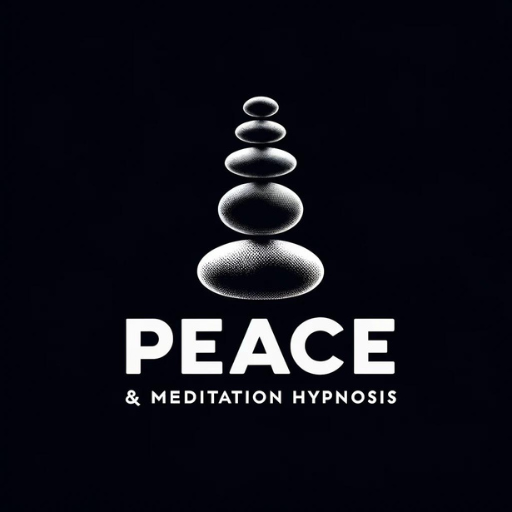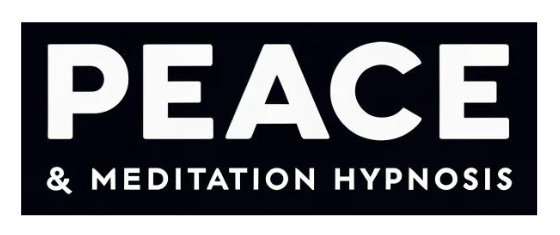When Words Heal: The Unseen Power of Hypnotherapy
Do you ever wonder about the magic behind hypnotherapy? It’s like a secret superpower for the mind, tackling everything from the nastiest nicotine habits to those pesky pounds that won't budge. But where it really shines? Helping folks conquer PTSD. And the best part? You're about to get the inside scoop.
Kicking Butt: Hypnotherapy vs. Smoking
Quitting smoking is a beast. You've got cravings, habits, and a little voice saying, “Just one more won’t hurt, right?” Wrong. That's where hypnotherapy slides in, cool as a cucumber, changing the game. Imagine chatting with someone who gently nudges your brain to start hating cigarettes. Sounds wild, doesn’t it? But it works. Smokers are tossing their packs, turning their noses up at the smell of smoke, and walking away from years of addiction. And they owe it all to some clever mind tricks. No patches, no pills, just pure brainpower.
Battle Scars: Hypnotherapy Takes on PTSD
PTSD’s tough, like a shadow that follows you around. Traditional therapy does its best, but sometimes, the shadow sticks. Enter hypnotherapy: the gentle mind-whisperer. It’s like having a mental time machine, letting folks face their fears without the panic. They revisit past horrors but stay as cool as cucumbers. And just like that, the shadow starts to fade. The nightmares chill out, the jumpiness eases up, and life gets a bit brighter. All because of a few guided conversations. Mind-blowing, right?
The Weighty Matters: Dropping Pounds with a Whisper
Weight loss is a tricky beast. It's not just about salads and treadmills; it’s what’s happening upstairs in the noggin that often keeps those pounds stubbornly in place. Hypnotherapy gets that. It sneaks into the brain, whispering sweet nothings like “You don’t need that cookie” or “Veggies are your best friend.” Suddenly, making healthier choices doesn’t feel like a chore. It's natural, easy even. And before you know it, the scale starts to tip in the right direction. Magic? Nope, just the power of suggestion.
Why Hypnotherapy is the Real MVP
So, why does hypnotherapy work so darn well? It’s all about the subconscious, that part of your brain that runs the show without you even realizing it. By chatting directly with the subconscious, hypnotherapy can change the script, turning bad habits into good news stories. Whether it’s saying no to nicotine, calming the storm of PTSD, or making peace with your body, hypnotherapy is like having a superpower. And it’s all done with words—no capes, no gadgets, just the incredible power of suggestion. Look at what Dr William Deihl, PhD had to say in his study here : https://www.linkedin.com/pulse/how-effective-hypnosis-william-deihl-phd-doc-hypnosis--ywuec/
Wrapping It Up
Hypnotherapy might sound like something out of a sci-fi movie, but it’s as real as it gets. From smoking to stress to those stubborn extra pounds, it’s tackling some of life’s biggest challenges, one mind at a time. And the best part? It’s proof that sometimes, the best medicine doesn’t come in a bottle; it comes from within. So, if you’re looking to make a change, maybe it’s time to sit back, relax, and let your brain do the heavy lifting. Who knew talking could be so transformative?








